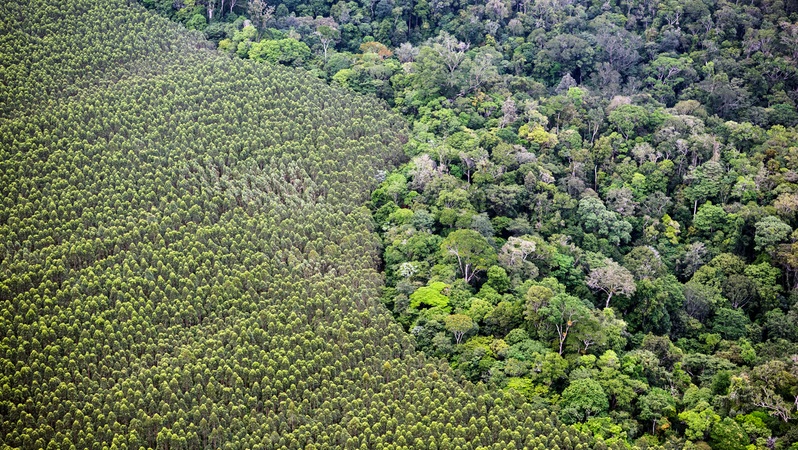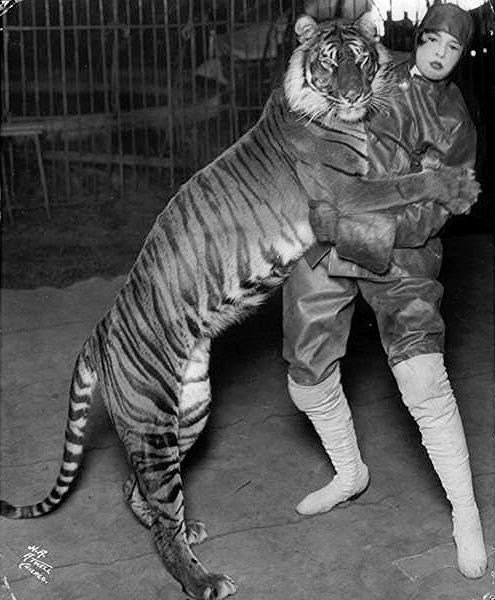
Another attempt is being made to move the world beyond EVs and onto hydrogen cars. Is this worthwhile? Who is trying to make this happen and why? Lets start by looking at the advantages and disadvantages of this technology. (I have named them electric and hydrogen cars, I know some hydrogen car makers will take issue with this, but an EV does not need a fuel to be pumped into the car, merely power)
Comparison subject
Electric car
Hydrogen car
Fuel
Electricty
Hydrogen
Fuel Cost
3p a mile charged at home, on the go varies but up to 15p
A full charge drives 300- over 400 in a modern electric car.
And where is most charging done? at home while you sleep
£10-15 per kg, 77 miles per kg.13p-19p. It has a capacity of 5.6kg (£56-£84 at those prices)
A full tank allows around 400 miles range
There are few refilling stations and even in the best parts of the world they are less common than chargers or petrol stations.
Fuel Carbon Cost
Carbon neutral up to UK grid 2021 of 265g per kwh (so around 85g per mile at top)
50-55kwh to make 1kg of hydrogen. So between zero and 14.575kg of carbon, or 189g per mile
So a hydrogen car is more expensive to fuel and worse for the environment. What is good?
It is true that a hydrogen car can refuel faster, taking 3-5 minutes, however, you have to stand by your car for this whole period. A tesla 3 can add 172 miles in 15 minutes.
According to a financial times article, the average motorway stop is for around 20 minutes. Now, it is generally suggested by highway codes and similar, to stop for 15 minutes every 2 hours. This means that while a hydrogen car can drive for longer in one go, the human inhabitants will need far more comfort breaks. A tesla 3 can be driving for 2.5 hours before needing that 15 minute break once again.
This is about the only advantage
Cost of vehicle: a Toyota Mirai starts at just under £50,000, while the tesla 3 starts at just under £40,000. Hydrogen cars also need more services.
So who benefits from a switch?
Toyota with its smooth-riding Mirai and Hyundai’s Nexo. Audi, Honda, BMW, and others have explored it as well, but generally the car is complex so who does well? Fossil fuel companies. If they cannot sell fossil fuels, perhaps they can simply split them for the hydrogen
Hydrogen is bad for the

















